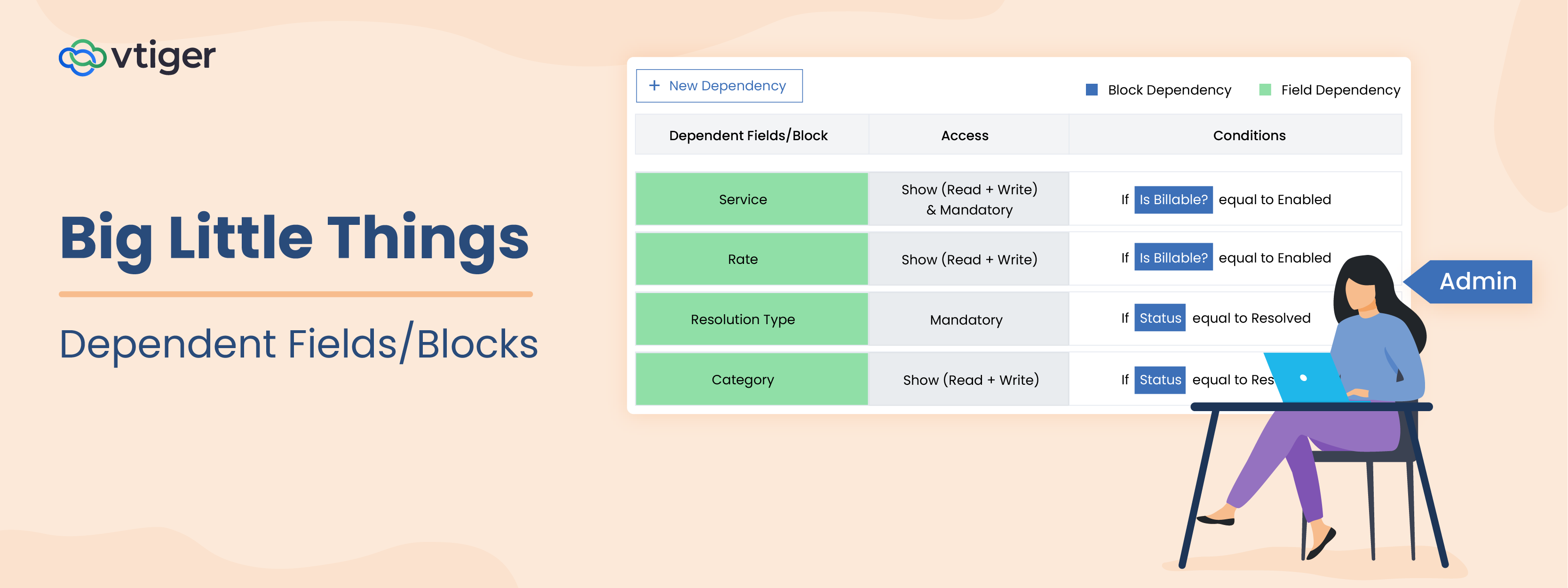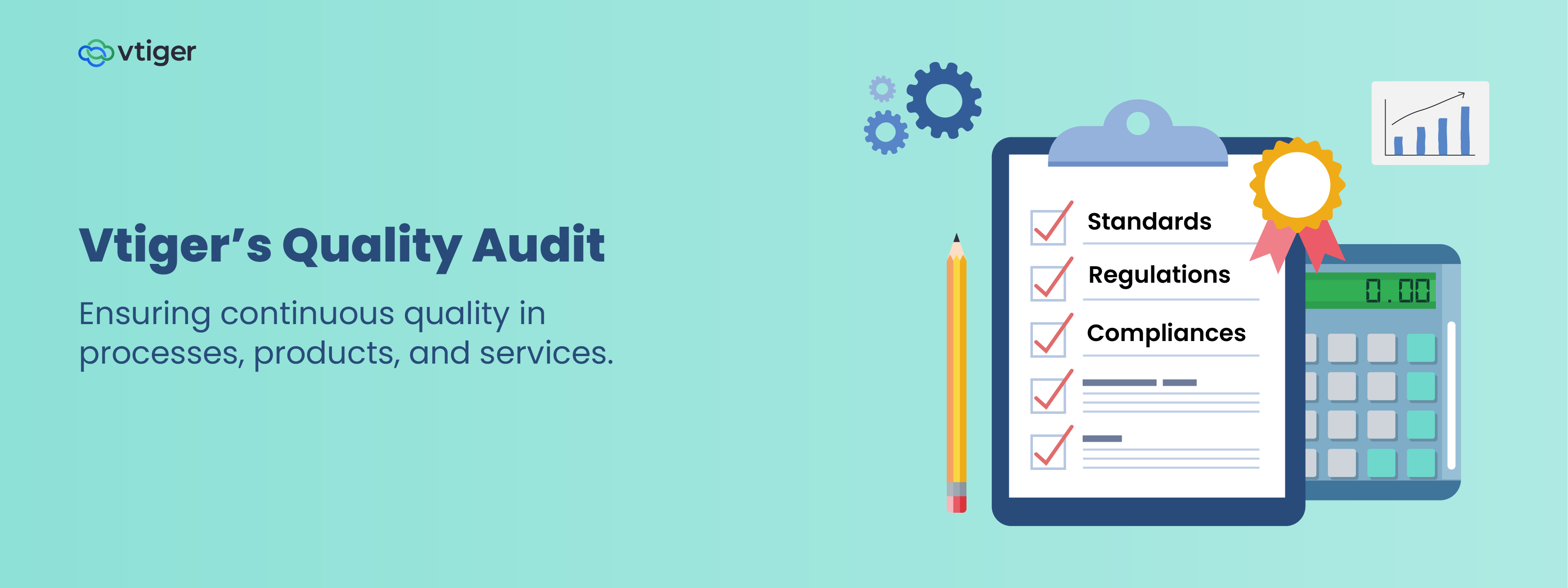A well implemented CRM helps to align your business process with customer strategies to improve customer experience, build loyal customer base, and eventually increase sales. Having a CRM also helps to gather customer data quickly, identify the most valuable customers, and acquire similar customers over time. However, not all CRM implementations produce the desired results. In 2017, CIO magazine notes that around one-third of all CRM projects fail. Why do CRM initiatives fail so often?
Choosing the right CRM that’s best suited to your business is hard. This is why we created a comprehensive CRM buyer’s guide. Download the guide today to understand the nitty gritty of CRM evaluation and selection process.
- Lack of goals: CRM goals drive your selection and implementation process. Without clearly defined goals, your CRM project could quickly go off track. So, list all the goals you want to achieve with your CRM before jumping into selection and implementation process.
- Lack of leadership: When CRM is passed off to middle management without active senior executive sponsorship, it does not take off. It’s the top level management that should determine how the sales team uses. So, senior executives should actively create strategies to help the sales teams get the best out of CRM and coach them throughout the sales process.
- Choosing the wrong CRM for the right price: When you choose a CRM that’s within your budget, but that lacks the features you need, you’ll spend more in terms of lost revenue resulting from missed sales opportunities, lost clients, unfulfilled orders or mismanaged data.
- Under-resourcing: The reason most organizations fail to leverage their CRM to the fullest has less to do with the CRM itself but more to do with how it’s implemented and managed. Failing to assign a project manager and a dedicated team for your CRM implementation can quickly derail your CRM project. A CRM implementation team should include:
- Project manager who understands business needs and has technical skills needed to work CRM implementation.
- User pilot team that tests the CRM at different stages of implementation and gives inputs to the project manager.
- Setting unrealistic CRM implementation timelines: CRM implementation is a massive project and requires substantial time and resources. So, plan to roll out the CRM in different phases. Test the deadlines for each phase. Identify the timeline dependencies and the reason why a deadline is not doable.
- Underestimating the user adoption challenge: Poor user adoption is one of the most common reasons for CRM failure. Without proper user training, moving your team from spreadsheets to CRM could become an uphill task. So, while planning for CRM implementation, involve the users as early as possible to take their feedback and train appropriately.
- Choosing a CRM that’s not scalable – CRM implementation is a continuous project. New requirements will arise as your business grows. So, choose a CRM that scales with your business growth and becomes the only hub for your sales, support, and marketing teams to work together.
- Not fixing inefficient and broken business processes before CRM deployment: Understand your business processes and address the flaws and inadequacies before you commit to buying a CRM. A CRM delivers the best value when the processes around it are well planned and executed.
- Not setting up CRM for efficiency: You can’t get the most of your CRM when you don’t leverage workflows, reports, lists, external app integrations and many more powerful CMR features to suit your business process.
Leave no room for mistakes. Getting your CRM implementation right is critical for your company’s success.
Having a hard time implementing a CRM for your business? Feel free to talk to one of our CRM experts. You can schedule a free consultation session by clicking here.
Want to try the most intuitive and powerful CRM? Sign-up for a free trial.
Also, read – Keys to a successful CRM implementation – Requirements, Roles, and Responsibilities.



